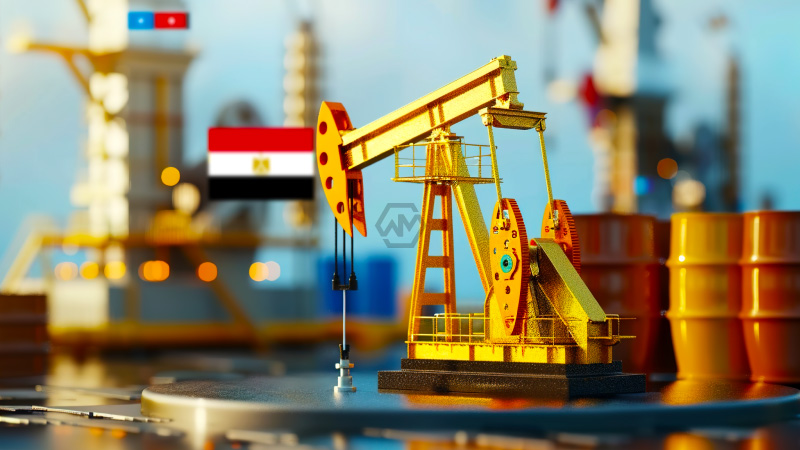- Egypt raises petrol prices by up to 15% as part of subsidy removal plan.
- IMF conditions for loan disbursement include lifting food and fuel subsidies.
- Ongoing power cuts and rising living costs fuel public discontent.
Egypt has increased fuel prices by up to 15%, following a directive to phase out subsidies by December 2025. This move is crucial for securing the third tranche of an $820 million loan from the International Monetary Fund (IMF).
The IMF-backed economic reform program, initiated in 2022, has already seen multiple currency devaluations and significant subsidy reductions to better target assistance to the poorest families.
Egypt Faces Public Backlash Over Fuel Price Hikes
Ongoing power cuts have further complicated the situation, disrupting daily life and fueling frustration. Despite official statements attributing the power cuts to technical issues and high consumption, many Egyptians remain skeptical. The government’s promise to halt power cuts until September has not been fully realized, deepening public dissatisfaction.
Experts argue that subsidy reductions could attract new investment in the electricity sector, potentially resolving power issues in the long term. However, the immediate impact of rising fuel prices and continued power outages poses a significant challenge for the government. Balancing economic reforms with public sentiment remains a delicate task.
Egypt’s fuel price hike, driven by IMF stipulations, is a crucial step in the country’s economic reform journey. However, the government must carefully manage public discontent arising from increased living costs and ongoing power issues to ensure stability and progress.
“The IMF says that as subsidies are reduced, those remaining can be better ‘targeted’ to help the poorest families.”



